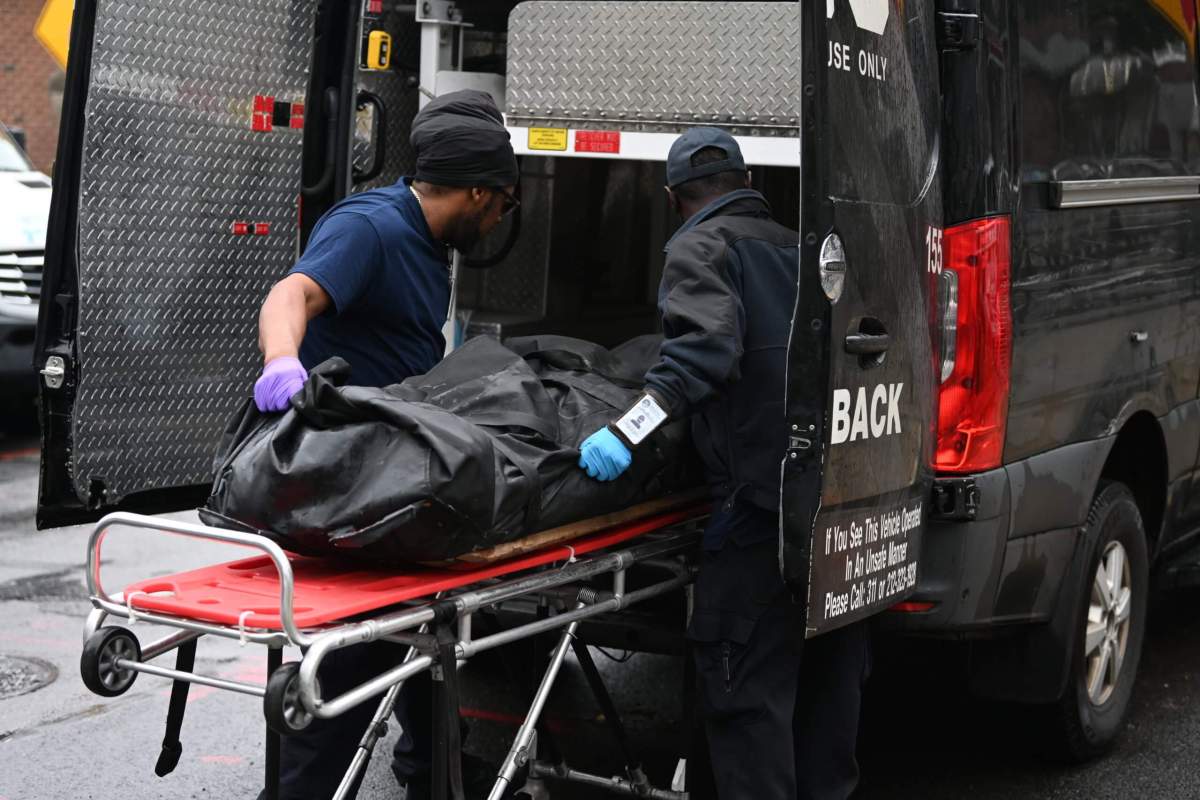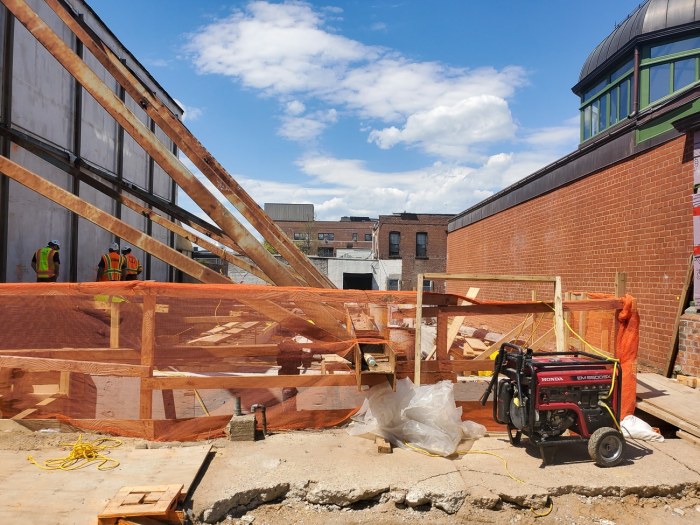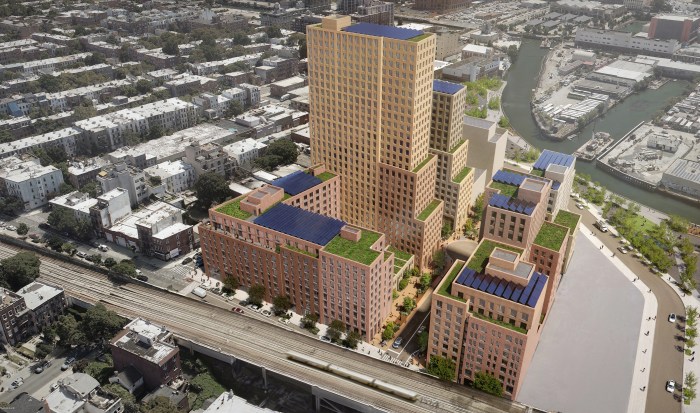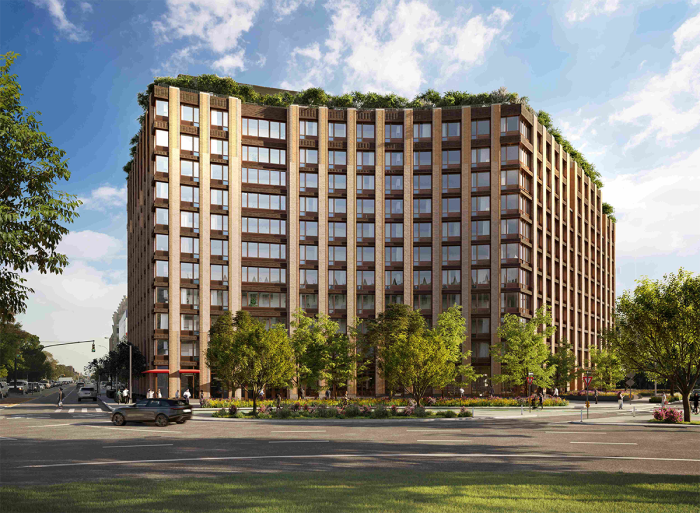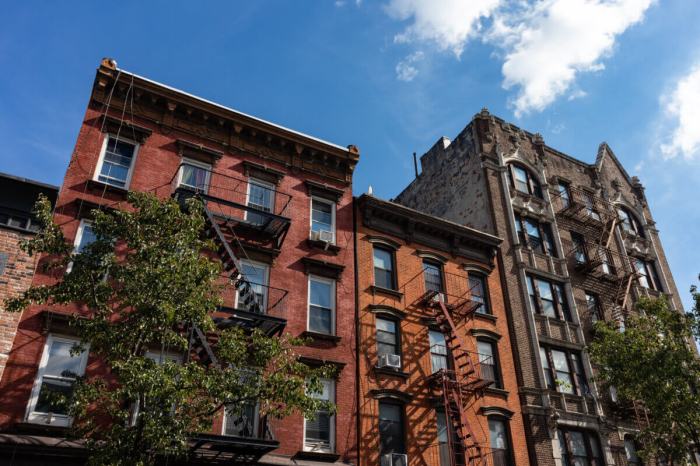Robin Weil is an artist who lives in a small studio apartment on a quiet
residential street in Prospect Heights.
She was attracted to the neighborhood 11 years ago by cheap rent and access
to more than 10 subway lines, but now Weil lives in constant fear of becoming
homeless.
That’s because if real estate developer Bruce Ratner has it his way,
the place that Weil calls home will be razed to make way for a 19,000-seat,
glass-walled basketball arena to house his newly purchased New Jersey
Nets.
The $2.5 billion project, which would also include 17 sweeping residential
and office towers, would require the condemnation of about 70 buildings
on six blocks around the site at Atlantic and Flatbush avenues extending
into Prospect Heights.
While owners who are displaced are guaranteed fair market value for their
property, renters are guaranteed almost nothing.
“The people who get the hardest hit are the renters,” said Michael
Rikon, a partner in Goldstein, Goldstein & Gotlieb, a Manhattan law
firm specializing in condemnation law.
“The Empire State Development Corporation provides relocation assistance
[for renters], but there’s no statute that requires them to make
payment,” added Rikon.
Because the majority of the projects will be built on the MTA-owned Long
Island Rail Road yards, the project is expected to go through state rather
than city review.
Under the law, rent-stabilized tenants are not guaranteed similarly priced
apartments or other rent stabilized apartments, according to Rikon.
That news was disquieting to James Maloblocki, a jazz musician who has
been living in a rent-stabilized studio at 473 Dean St. for the past 17
years.
If Maloblocki looses his $600 a month studio he says he’ll be forced
to leave the area.
There are 224 renters that would be displaced by the arena plan, according
to anti-arena activist Patti Hagan.
On the same block, a co-op building and two recently converted condominiums,
with apartments fetching between $400,000 and $1.4 million, have joined
together under the name “Develop Don’t Destroy.”
The group has retained Manhattan attorney Jack Lester to represent the
more than 100 tenants living in the three buildings.
And Maloblocki, 52, said he might try to find an lawyer to find out about
options for renters.
Deborah Wetzler, a spokeswoman for the Empire State Development Corporation,
said the while the state is responsible for “relocation” of
renters, every situation is different.
“We do we everything we can,” she said.
Mayor Michael Bloomberg, a major backer of the arena plan, has touted
Ratner as a “class act” who will take care of the displaced.
“This developer had a pretty good reputation when he built Metrotech,”
Bloomberg said last month.
Ratner is best known for developing the Metrotech office campus spreading
across 10 blocks in Downtown Brooklyn.
“The politicians keep saying they’re going to take care of us,
but I don’t know what that means,” said Maloblocki, adding that
his biggest fear right now is lack of information.
Rikon, who represented a group of tenants and businesses owners dislocated
by Metrotech, said Maloblocki and the other renters may be in good hands.
“I call Ratner the ‘poster boy’ of sponsors,” said
Rikon, who said the developer is often “overly fair.”
Asked this week what kind of compensation would be offered to renters,
Ratner spokesman Barry Baum said the developer was “not going to
negotiate all of this in the press.”
“It’s not fair to the people who are going to be impacted,”
said Baum. “We will talk personally to the renters and the owners.”










